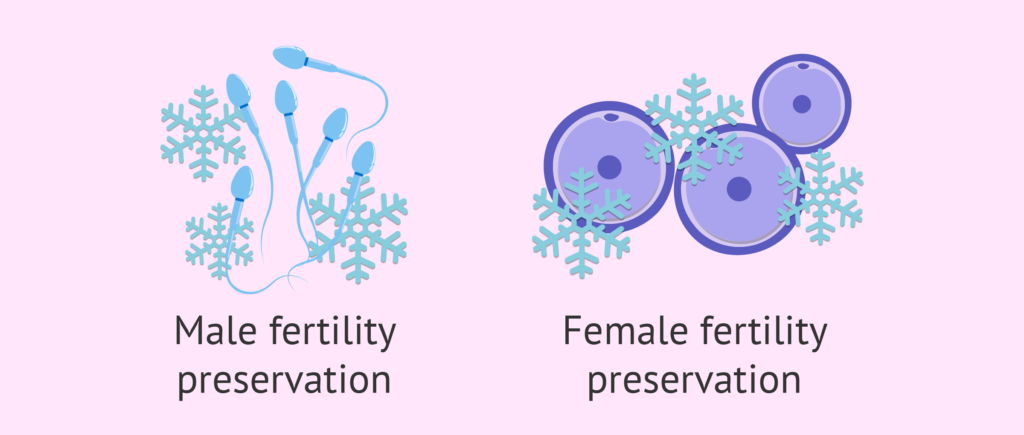Dr Samina Ahmed provide patient-focused
specialist care in women’s
health
Fertility
Dr Samina Ahmed offers a careful assessment, investigation, counselling and treatment to women with both primary and secondary infertility.
Dr Samina is a fellow of The Royal Australian and New Zealand College of Obstetricians and Gynaecologists, with a Masters of Reproductive Medicine.
Her practice covers all aspects of infertility with an interest in adolescent gynaecology, endometriosis, endocrine dysfunction, secondary infertility and fertility preservation.
If you are trying to get pregnant a pre-pregnancy consultation can optimise your reproductive health is encouraged in anyone considering becoming pregnant. Where women have a pre-existing condition such as PCOS or are above the age of 35, seeking review after six months is recommended to achieve the best outcomes.

Please contact us if you have any questions or if you’d like to make an appointment.
Services
- Fertility Assistance & Treatment
- Ovulation Induction
- Recurrent Miscarriage
- Menstrual Issues
- Pelvic Pain
- Endometriosis
- Hysterectomy
- HRT & Menopause
- Reproductive Health
- Contraception/IUD Insertion
- Lichen Sclerosis
- Prolapse Treatment/Pessary
- Urinary incontinence
- PCOS, Fibroids & Ovarian Cysts
- Hysteroscopy
- Laparoscopy & Keyhole Surgery
- Colposcopy & Vulvoscopy
- Management of Cervical abnormalities
- Endometrial Ablation (Treatment of HMB)

Pre-Pregnancy Counselling
Pre-pregnancy counselling is a counselling session conducted before you conceive and is beneficial for the mother as well as the baby during the term of pregnancy. It helps in checking for possible risk factors during pregnancy and gives a way to resolve any medical issues you may have before you become pregnant. Pre-pregnancy counselling and care will help you to become physically healthy and emotionally strong before you enter the pregnancy phase.
During this session you can discuss all the things that concern you before you get pregnant, like starting prenatal vitamins, diet or any hereditary health issues.
Some of the topics you may discuss at a session are:
- Reproductive history, including:
- Prior pregnancies
- Menstrual history
- What types of birth control you’ve used
- Previous pap test results
- Any history of STDs or vaginal infections you have or have had
- Personal medical history, including any surgeries you’ve had
- Current medications, including vitamins and over-the-counter medications you take
- Family health history
- Your physical environment at home and at work
- Your weight
- Your lifestyle
- Your lifestyle
⦁ Exercise
⦁ Diet
⦁ Alcohol intake
⦁ Caffeine intake
⦁ Any drugs you have used or currently use
⦁ Prenatal vitamins
- Dr Samina may also:
- Perform a physical exam to check your general health or a pelvic exam to check your reproductive health
- Order lab tests to check for certain health conditions
- Talk to you about how to determine when you’re ovulating and are most likely to get pregnant
- Discuss your vaccination status and talk about necessary or recommended vaccines
- Talk to you about genetic testing and its pros and cons
Fertility Preservation
Fertility preservation is the process of saving or storing eggs, sperm, embryos, or reproductive tissue so that a person can use them to have biological children in the future.
Among the various fertility preservation options, egg freezing is the most common and well known one.
If you are considering fertility preservation, talk to Dr Samina about what the best options are for you.

Ovulation Induction
Clomiphene tablets are usually started early in your cycle (between day three and five) and are taken for five days. This medication stimulates the release of a naturally occurring hormone called FSH, which will cause ovarian follicles to grow.
Letrozole tablets are also started early in the cycle (between day three and five) and are taken for five days. Letrozole increases the production of FSH by suppressing the production of oestrogen. The production of FSH will cause ovarian follicles to grow.
Vaginal ultrasounds measure the thickness of the lining of the uterus (the endometrium) as well as the size and number of follicles on both ovaries. Trigger injections are not always necessary, if you surge naturally, they are not required.
If you do not have a period within 19 days of ovulation, you need to have a pregnancy blood test.
